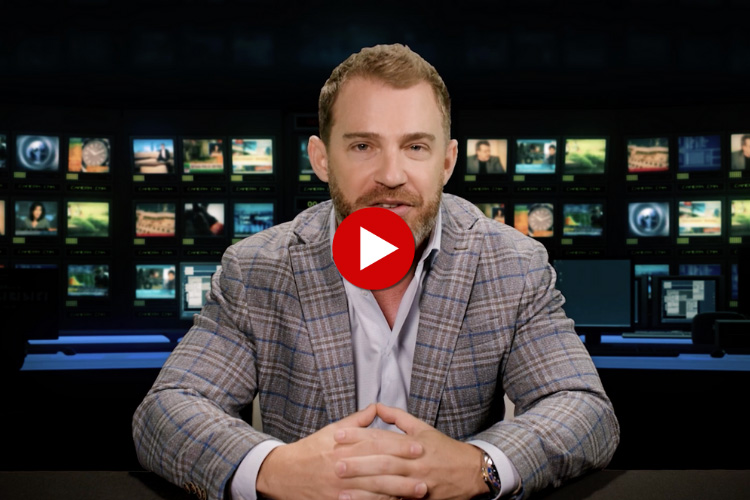What Is a Futures Broker?
A futures broker negotiates contracts for the selling of goods or securities at a defined price on a fixed date in the future. Futures brokers typically earn a basic salary as well as a commission based on transactions.
Now, the next question is, how does a futures broker make it simple to buy and sell contracts without being a producer or manufacturer?
This Futures Trading Course can help you get started. When looking for a futures broker, you need to ask them a lot of questions.

Are You Regulated? If Yes, By Who?
Any investor who takes the opportunity to trade with an unregulated broker is taking a significant risk. When you choose a properly supervised broker, you are safe from abuse and theft, which is crucial in any case something goes wrong.
Do You Reside in the Same Country?
For this question, you have to take note that if you have a broker outside where you live, it could deny you of your civil rights, as opposed to if you have a broker from the country you’re from.
Do You Have the Right Technology?
You’ve got to know if you can trade through them online or on your phone for a more convenient option. Do they have an app you can download that can work for both Windows and Mac?
Do You Have a Demo Account?
You need to know if you can practice trading before making a real account for yourself. You need to have an understanding of how their platform works.
Do You Charge for the Data Feed?
You need to ask beforehand if they will be charging you a trade feed or data fee, and you need to ask how much the rates are if they say yes. Data feed fees and commissions are two different things, and that brings us to the next question.
What Are Your Commissions?
Brokers will handle the compliance side, so they will charge you a specific commission for every trade you close. These are also called round turn fees.
Can I Rely on Your Customer Service?
There could be a scenario when you are in the middle of the trade then the power unexpectedly goes out. You have to know that you can give them a call during this kind of emergency. Will they allow you to manage your position over the phone? Like placing a stop or limit for you.
You can also ask them by giving them scenarios: For example, you would suggest that you want to place 20 trades, 20 micro contract trades, or 20 Emini contracts in a month. What would be their projections towards that?
What Is a Broker Going to Allow You to Do?
Basically, the broker will allow you to press a buy or sell button. As a trader, what you do is bet on price. When you press the button down, and the market goes up, you earn a lot of money. However, if you press the button and the market goes down, you could lose a lot.
In the future market, you will be able to buy or sell the market first. In short, they are going to allow you to buy or sell contracts. On average, a contract can cost between $50 to $7,000, which would depend on when you enter, there’s what’s called intraday margin and initial margin.
The broker measures the price movement, or what is known as ticks. To make money, you have to buy low and sell high. It could mean that you can earn a lot from your initial investment, or it can mean that you could lose a lot. Before taking any risks, you have to know what you are doing.





